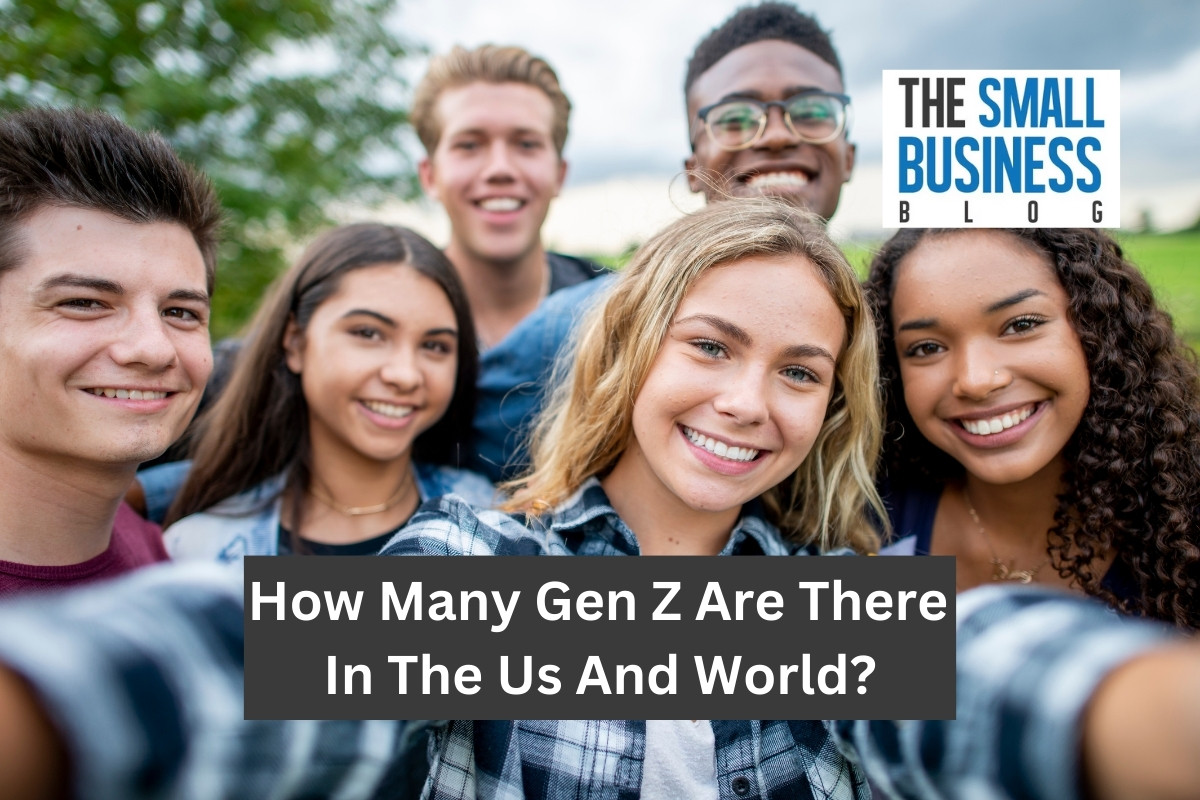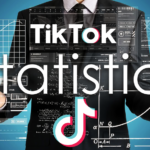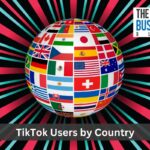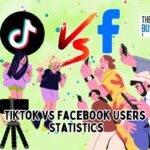Generation Z, Gen Z or the “Zoomers” are people who are born between the years of 1997 to 2012.
They are said to be the most racially diverse generation in American history.
There has been a lot of buzz about this generation.
They are getting a lot of attention with the way they dress, express, and address different societal issues.
They have been the talk of the town, especially because of their social media presence.
Gen Zs are the people who have grown up with social media.
They were born into a digital world and are comfortable using technology in all aspects of their lives.
Generation Z is harnessing technology to change the world.
To spread the word about crucial concerns, they are launching social media campaigns, and they are also designing new technologies to address challenges.
Gen Z is our future.
In this article, we will answer some of the most asked questions about this generation including how many Gen Zs there are in the world, how many Gen Zs there are in the US, the diversity of Gen Z population, how politically involved are they, and a lot more.
Post Contents
- 1 Key Statistics
- 1.1 1. How many Gen Z are there in the world?
- 1.2 2. Who are the Gen Zs?
- 1.3 3. How many Gen Z are there in the US?
- 1.4 4. More than half of Gen Z worldwide are white
- 1.5 5. In a month, Gen Z spends 24-48 hours on TikTok
- 1.6 6. 63% of Gen Z workers prefer working in hybrid setups
- 1.7 7. In 2020, 36% of Gen Z Americans participated in a political activism activity
- 1.8 8. In 2024, Gen Zs will represent 17% of the electorate
- 1.9 9. In 2020, one in three influencers was a Gen Z
- 1.10 10. More than four in five Gen Z consumers make purchases on social networking platforms
- 1.11 11. More than one-third of Gen Zers have sought professional help for their mental health
- 1.12 13. Gen Zs’ favorite social media apps
- 2 Conclusion
Key Statistics
- Globally, there are 2.47 billion members of Generation Z.
- Gen Z makes up 20% of the population or 68.6 million people in the US.
- 51% of the Gen Z population are white.
- On average, Gen Z users spend 24 to 48 hours each month on TikTok.
- Gen Zs’ most frequently used social media platform is YouTube.
- In 2020, 36% of Gen Zs engaged in some sort of political involvement.
- Gen Zers will make up 17% of the electorate in 2024.
- 83% of Gen Z consumers make purchases on social networking platforms
1. How many Gen Z are there in the world?

Among all the generations, Gen Zs are one of the most talked about generations for their passion about a lot of social issues, their knowledge in technology, and their diversity.
With this, many people are curious to know how many Gen Zs are there and why are they so popular?
In 2020, around 32% of the global population belongs to Generation Z which is approximately 2.47 billion people.
(NY Post)
2. Who are the Gen Zs?
Generation Z or sometimes referred to as Gen Z, is the generation that follows Millennials and comes before Generation Alpha.
They are born between the years of 1997 to 2012.
Having been born in these years, Gen Zs are the most technologically advanced.
They are at the forefront of technological innovation and social change.
They are using technology to connect with others, learn new things, and express themselves in ways that are shaping the future of our world.
In the upcoming years, Gen Z is expected to have a significant effect on society.
They have already started working and rising to positions of leadership in their communities.
In addition to being more politically and socially active than prior generations, Gen Z is driven to change the world.
They are the generation who are more socially concerned than prior generations.
They are deeply committed to issues like LGBTQ+ rights, racial justice, and climate change.
They are promoting change by speaking up and using their platforms to let the world know what it needs to know.
(McKinsey & Company)
3. How many Gen Z are there in the US?
According to the US Census, about 20% of the population of the United States are Gen Z.
This amounts to almost 68.6 million people living in the entire country.
(US Census)
4. More than half of Gen Z worldwide are white
Generation Z is the most diverse generation in history, with a wider range of racial, ethnic, and sexual identities than any previous generation.
According to data, more than half of the global Gen Z population are white.
Let’s take a look at how racially diverse Gen Z is:
- 51% are White,
- 25% of Gen Zs are Latino or Hispanic,
- 15% are Black,
- 6% are Asian; and
- 5% are biracial or those who belong to more than one race.
(AECF)
5. In a month, Gen Z spends 24-48 hours on TikTok

There is no doubt that an average Gen Z spends about 24-48 hours on TikTok in a month.
TikTok is a highly engaging platform that’s why users continue to use the app because of how well the algorithm recommends content that they would like.
TikTok videos are also often short-form that usually last about 10 seconds to 10 minutes which is perfect for Gen Z and their short attention span.
Aside from that, users feel at ease sharing their opinions and experiences on the site because TikTok is well renowned for its imaginative and diverse content.
Users frequently engage with one another through comments and duets allowing users to experience a strong feeling of community.
(Hootsuite)
6. 63% of Gen Z workers prefer working in hybrid setups
Gen Z employees value flexibility and work-life balance the most.
With hybrid work environments, Gen Z employees may benefit from the best of both worlds: they can interact with coworkers in person when necessary, but they can also work from home when it suits them better.
This is one of the biggest reasons why 63% of Gen Z workers prefer working in hybrid setups.
(Deloitte)
7. In 2020, 36% of Gen Z Americans participated in a political activism activity
36% of Gen Z participating in political activism in 2020 is a testament to their engagement and commitment to making a difference.
Generation Z has seen the emergence of the COVID-19 pandemic, the Black Lives Matter movement, and the growth of climate change.
These experiences have altered Gen Zers’ morals and worldview, and they have increased their zeal for changing the world.
(EY)
8. In 2024, Gen Zs will represent 17% of the electorate
Compared to previous generations, Gen Zs are typically more progressive.
They are also more likely to support topics like LGBTQ+ rights, racial justice, and climate change.
As Gen Z becomes an increasingly large and politically engaged demographic, their impact on the 2024 election is likely to be significant.
(Center for American Progress)
9. In 2020, one in three influencers was a Gen Z
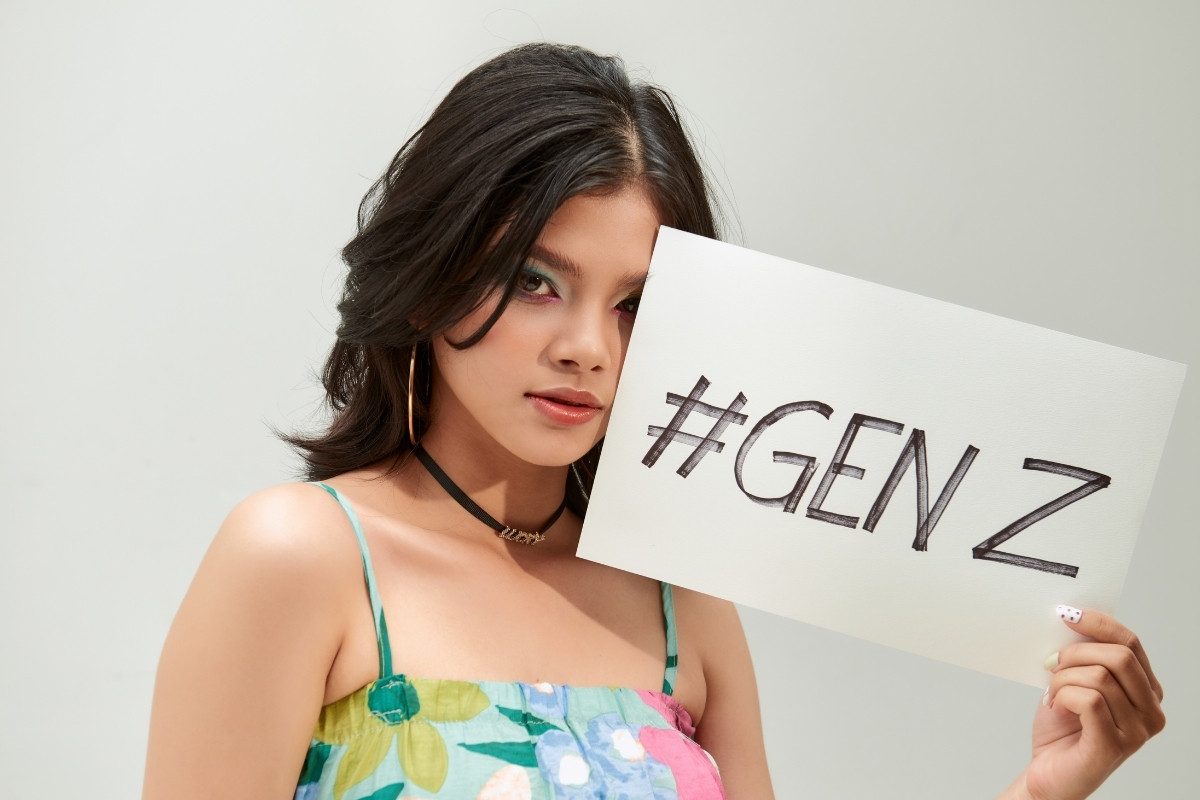
Gen Z’s influence in the influencer marketing industry grew rapidly in 2020, with 34% of influencers being members of this generation by the end of the year.
(Klear)
10. More than four in five Gen Z consumers make purchases on social networking platforms
Social networking has become a major shopping destination for Gen Z consumers, with 83% making purchases on platforms like Instagram and TikTok.
(Insider Intelligence)
11. More than one-third of Gen Zers have sought professional help for their mental health
Despite the stigma often associated with mental health issues, 37% of Gen Zers have taken the important step of seeking professional help.
They are lucky they have grown up in a world where mental health is more openly discussed than in the past.
They are seeing celebrities, athletes, and other public figures talking about their own mental health struggles, and this is helping to normalize the conversation.
(American Psychological Association)
13. Gen Zs’ favorite social media apps
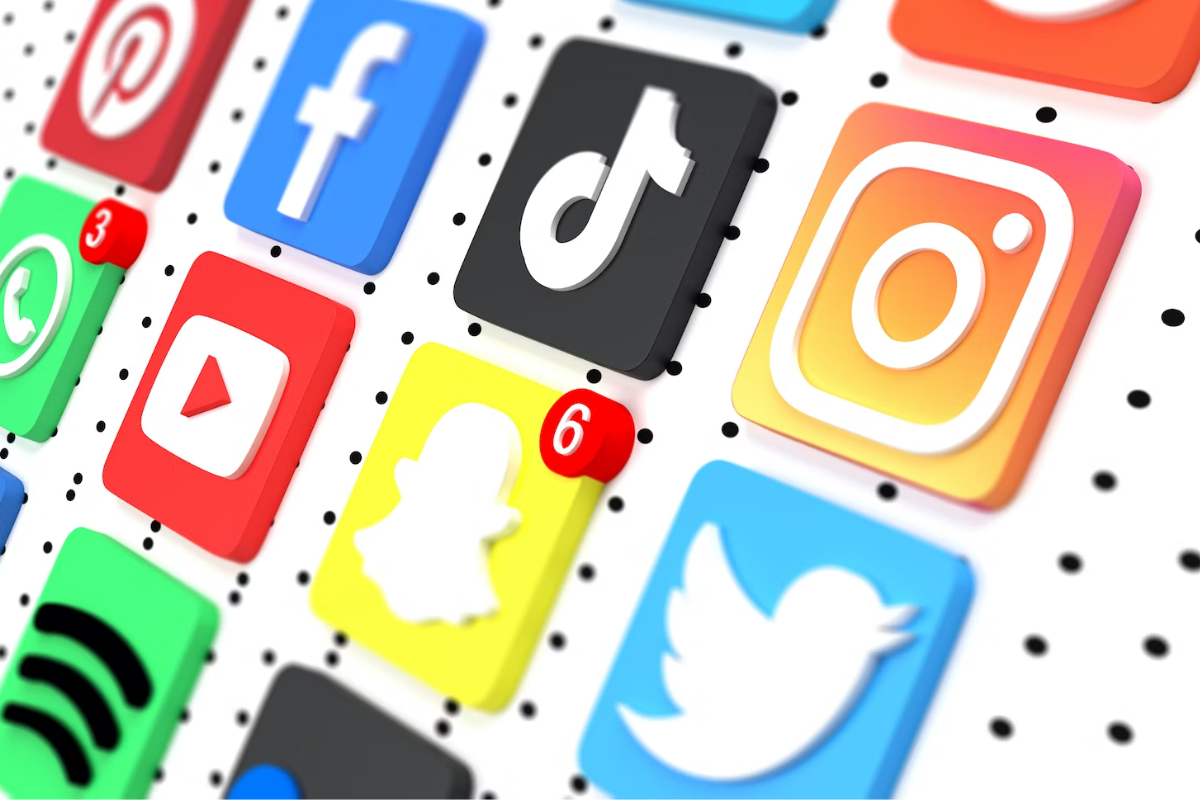
Social media is a defining feature of Generation Z.
They are the most tech-savvy generation yet, and they rely on their phones and the internet for everything from staying connected with friends and family to learning new things to being entertained.
Here are Gen Zs’ most loved apps as of 2023:
- YouTube. About 84% of Gen Zs use and visit the app almost everyday.
- TikTok. With the rising popularity of short-form videos, 61% of Gen Z uses TikTok regularly.
- Snapchat. 58% of Gen Zs use Snapchat for photos and communication purposes.
- Instagram. As one of the largest photo sharing apps, about 56% of Gen Z uses Instagram.
- Facebook. About 34% of Gen Z uses Facebook on a regular basis.
(ComScore)
Conclusion
Gen Z is one of the most socially active generations in history.
Gen Z is making a big impact on the world, so it’s no wonder that people are curious about how many Gen Zs there are in the U.S. and worldwide.
They are the generation that is not afraid to speak out against injustice and to challenge the status quo.
They are the future leaders, innovators, and changemakers of the world.
In the coming years, this generation will surely contribute a greater impact to the world, and no one can stop them.







